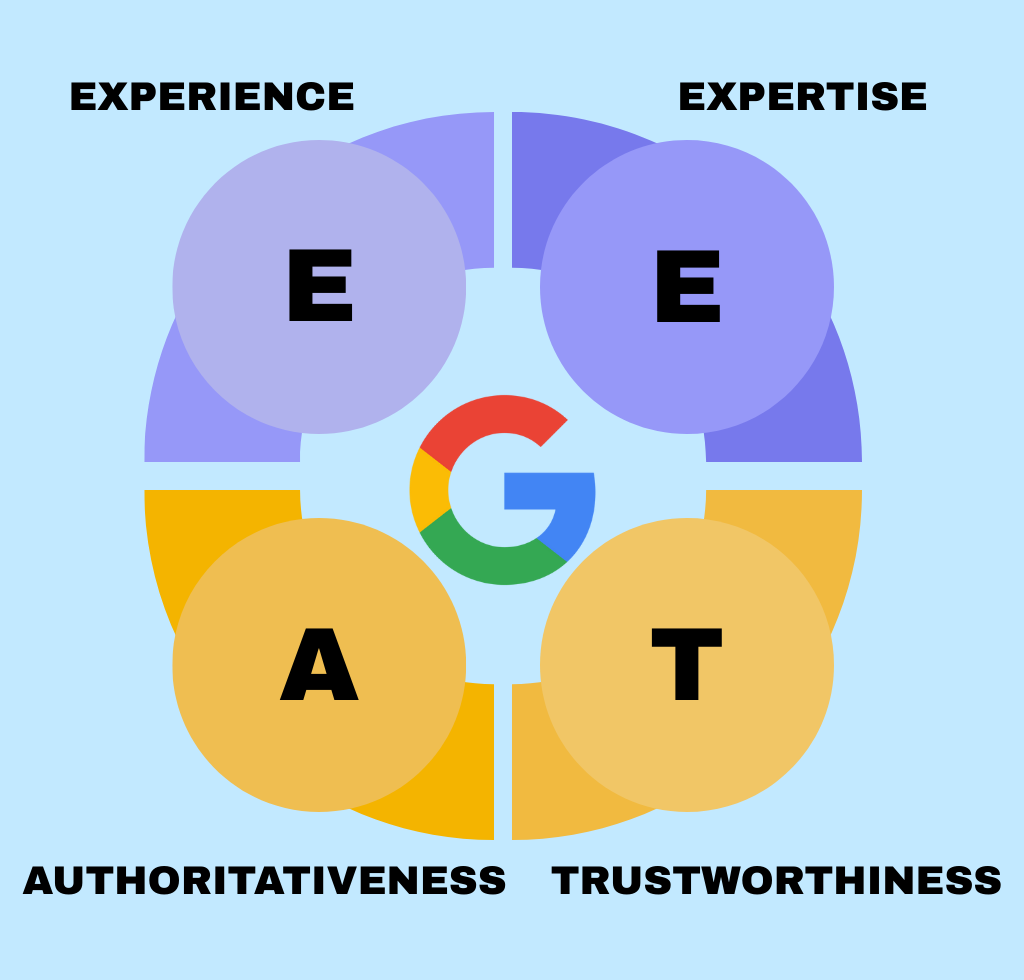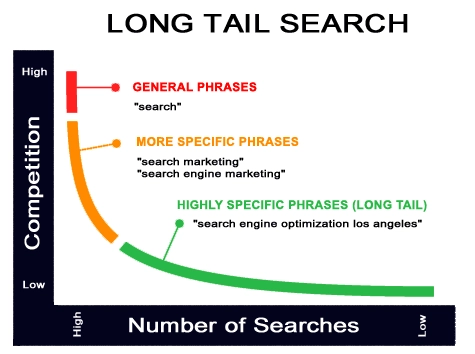The digital landscape has always been shifting and changing, but never has this been more true than it is today. The way we interact with the internet today is almost unrecognisable from how we interacted with it just a few years ago, and nothing’s been a stronger influence on this than AI.
SEO Vs AI Search: What’s Sparked The Fears?
AI (Artificial Intelligence) is not new. In fact, standard histories of AI trace it back all the way to the 1950s. But the emergence of Deep Learning and the rise of AI-powered tools like ChatGPT, Grok, Perplexity, and Gemini have catapulted changes in how mainstream AI use has become.

This has significantly changed the way we interact with the web.
While even a few years ago it was standard to Google a question and then browse the results to get the right answer, internet users today may just as easily turn to a tool like ChatGPT for a conversational-style response. They won’t receive a list of websites to find their answers, but will get a direct response as if they were talking to another human, even though this doesn’t necessarily guarantee that the answer given will be correct. This changing way of search has led to Google losing market share for the first time in a decade.
But the tech giant, of course, is not oblivious to AI changes and has introduced SGE (Search Generative Experience) and AI overviews, which mirror other AI-generated answers but appear directly in search results. Bing AI offers a similar experience.
All of this has led to something new — people are receiving answers to their queries without ever having to click on websites. Websites aren’t obsolete, of course, since AI-driven engines are still reading these sites to source their answers, but the shift in search has significantly reduced visibility for some businesses.
This brings up a Pandora’s Box of questions.
Does this mean SEO is dead? Will Google be replaced by tools like ChatGPT? Is there a way to stay visible in AI search? How can you rank for the Google Search Generative Experience? And what’s the future of search?
Things are changing too quickly and too frequently to provide any cut-and-dried answer, but the short answer is that Google is not dead. But, it is changing, and this means that your business needs to be ready for the future of search.
What Is Generative Engine Optimisation (GEO)?
SEO isn’t gone, but it now has to be supplemented with GEO. But what exactly is GEO?

Just like SEO (search engine optimisation) focuses on optimising sites so that they appear in search engine results, GEO (generative engine optimisation) focuses on optimising sites so they appear in generative engine results. In short, it’s the way to ensure that the content on your website still appears in AI answers and AI overviews.
AI overviews on Google still list top websites that the engine is using to work out its answers, and most other AI engines have begun listing their sources, too. This suggests one simple thing — your website can still be found in Google’s SGE, even if this looks somewhat different from standard Google search results.
Unlike traditional search engine results, which usually rely on strong keyword and backlinking strategies, generative engine results rely on clear, factual content, structured information that can easily be read by AI tools, and topical or brand authority.
Why Does This Matter For Local Businesses?
Chances are you’re reading up on how to rank in Google SGE because you already know that the future of search lies in AI search optimisation.
This isn’t to say that SEO doesn’t matter. You should absolutely still be focusing on your standard SEO strategies, and particularly on local SEO strategies. You should also still be focusing on great website design, professional content, and good social media management. But your digital marketing focus going forward will also have to prioritise generative engine optimisation.
The success of your digital strategy relies heavily on ranking well in search results. This drives traffic to your website, brings in potential new customers, and enhances your business.
But if AI summaries are starting to replace traditional Google listings — this isn’t yet true for all queries! — your content has to be future-proofed so that it still appears in these AI-generated results. Your website needs to be both structured well enough and credible enough to be used in Google SGE.
Early adoption of GEO strategies will give you a competitive advantage, ensuring that your digital presence will remain strong even amidst AI-driven changes.
How To SGE Optimise Your Website
Understanding the new digital landscape isn’t easy, and we’d highly recommend working with a digital marketing or SEO agency to help you navigate these changes. SEO for small businesses has never been easy, but any search for keywords like “SEO for small business 2025” will tell you that this field is becoming increasingly complex.
So the number one thing you can do to future-proof your website is to turn to a professional SEO provider to help you navigate this new online world.
That said, here are a few more strategies to implement to stay on top of SEO and GEO trends.
1. Answer Direct Questions
Many AI overviews answer direct questions in a conversational style, so one of the key things you can do for your website is structure content in a way so it’s easily read by AI.
Simple FAQs, for example, are a goldmine for AI results, because you can focus on that very simple question-and-answer style. Adopting more long-tail keywords in your content strategy can also be helpful, especially if you’re focusing on very niche phrases or conversational ways users might ask a question.
By incorporating long-tail keywords and simple FAQ-style content, your website is already on its way to match AI output, making it more likely that AI tools will turn to your site for answers.
2. Focus On Structure
Unlike humans, who can take in a whole website and pretty quickly find their way around, AI relies on excellent structure. Google has always prioritised a good sitemap and internal linking to help its spiders crawl and index a site effectively, but this has never been more important.
This means a couple of things.
- First, your website structure as a whole should be on point, and we’d recommend working with a local website designer who can help make sure that your site is as optimised as it can be.
- Second, your content needs to be well-organised. Focus on clear titles, headings, and subheadings, make use of bullet points, and give information in bite-sized chunks so humans and AIs can understand your structure well.
- Finally, make use of schema markup. Schema has always helped in Google rankings, but focusing on this now will also help AI interpret your content better.
An important thing to remember is that an AI won’t be reading your content like a human will, so you need to structure your content in a way that an AI can understand.
3. Build Topical Authority
Google first introduced the concept of EEAT (Expertise, Experience, Authority, Trust) in December 2022, building on the initial EAT concept. The EEAT focus already signalled a significant shift in prioritising high-quality content that readers can trust.
But with the introduction of the Google search generative experience, this has become even more important.

Brand authority, thought leadership, and topical authority — these are all aspects that matter when trying to stay visible in AI search. This is also the reason so many mainstream sites, like Condé Nast magazines or world-famous newspapers, are being prioritised in AI results.
While turning into the next media powerhouse might not be on your agenda, you can still build up your brand in other ways.
For example, you can focus on including quality sources in your content or positioning yourself (and your company) as a thought leader so you can be quoted by other sites. You can also focus on positioning yourself as an authority by writing a collection of excellent and highly relevant articles on a specific topic. If AI is then searching for an answer related to that specific topic, your site will immediately become the go-to.
Localisation matters here as well. While you may not become the world’s leading authority on cake decorating, for example, you very well may become the leading authority on that topic in your specific area.
4. Keep Your Website Secure & Optimised
AI prioritises secure and well-optimised sites even more than humans do, so you have to double-down on your efforts in ensuring your page loads fast, that there are no bugs, broken links, or missing images, and that your security settings are up to date.
Choosing the right website maintenance package is crucial here, and you should definitely leave this to your SEO provider to handle.
Future-Proof Your Website
While change can be scary and we’re definitely in an era with a lot of uncertainty, all is not lost. SEO isn’t dead, but it is changing, and it’s important to keep on top of what’s happening in the digital landscape.
The way things are progressing is massively affecting and will continue to massively affect not only the way we use the internet but also how we live our lives.
To stay ahead, you have to future-proof your website and your business, and that’s where we, as PrecisionSEO, can step in. We help local businesses stay visible, relevant, and ahead of the curve. So if you want to stay on top of the SGE game, let us be there to help you.





